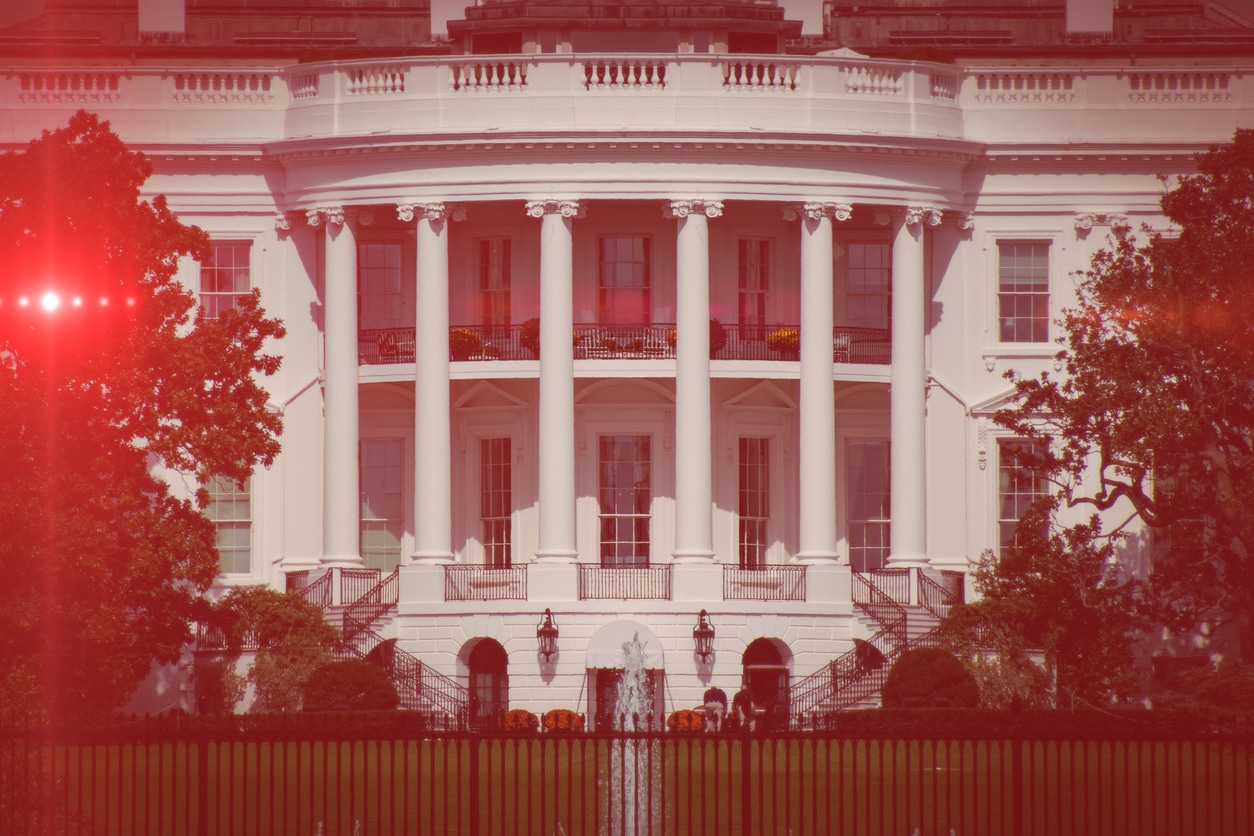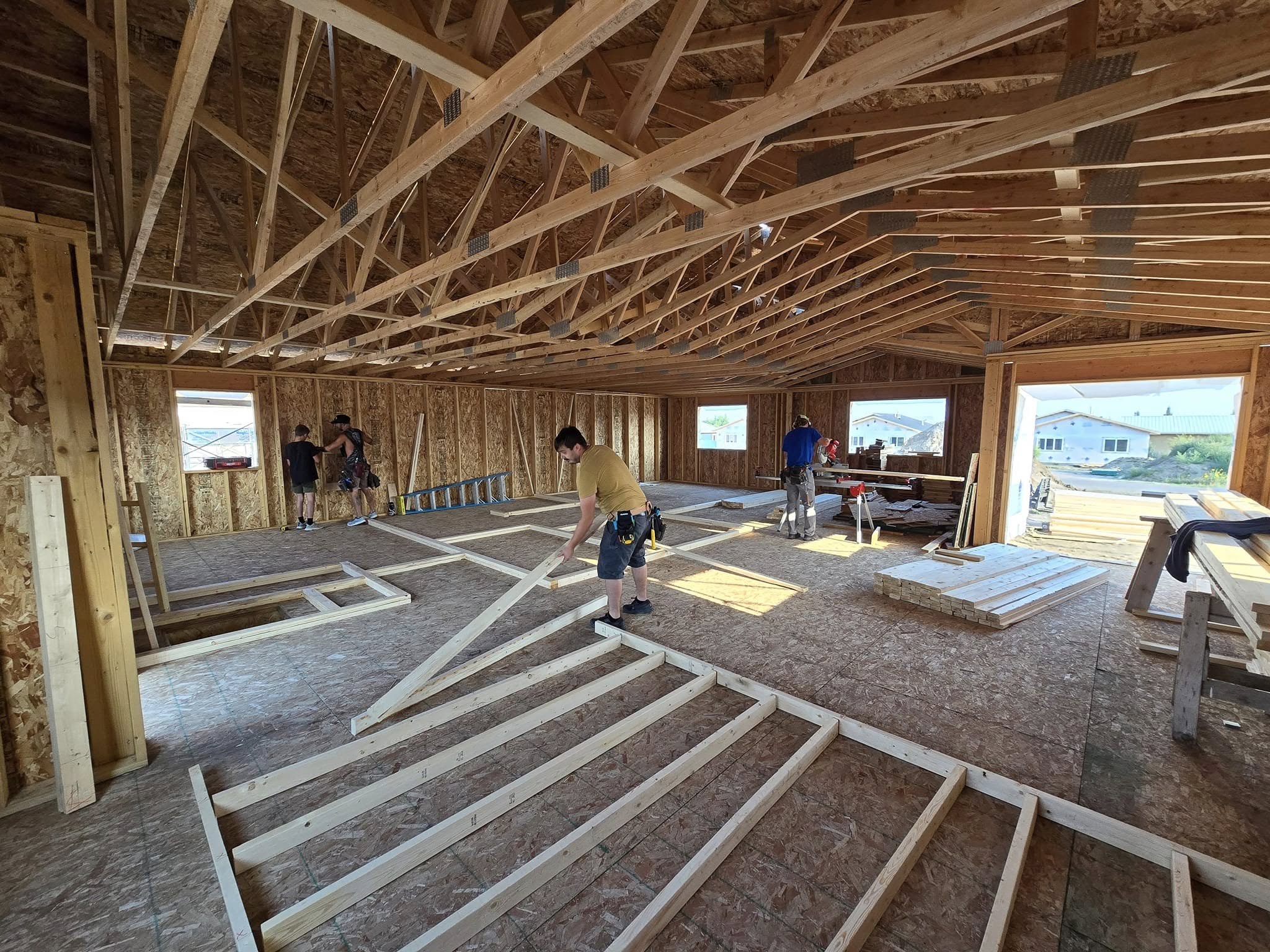Rail travel is romanticized so much in our nation’s culture — be it in song, film, or political theater — that it’s easy to forget that we forgot about it a long time ago.
We were critical here on Rooflines when Barack Obama and Joe Biden made their way down to Washington, DC via Amtrak leading up to their inauguration: not because it attracted media attention, but because it was largely portrayed as a hearkening back to “old times” (think Lincoln), and it proved to be a missed opportunity to really use that attention to discuss sound transit policy. We were cranky. We’re over it now.
But that said, rail subsidies are so severely lacking (even more amplified as we have, an continue to subsidize the auto industry) that we certainly can applaud the last-minute insertion of $8 billion into the economic stimulus bill for high-speed rail systems (that Republicans complained about, exhibiting, again, a fundamental lack of understanding that sound transportation policy is sound fiscal policy) , as well as an additional $5 billion commitment for high-speed rail over the next five years.
Neil Peirce, our old friend at the Washington Post Writers Group, says today that while this money has been a long time coming, these projects are costly, and the funding is by no means a fix-all for our nation’s woefully lagging mass transit infrastructure:
A point of reality: Even $8 billion won’t go far to build a system that registers speeds that match the 180 miles per hour that are routine on European and Japanese trains. The closest might be achieved in California, where a $9 billion bond issue to start building a Sacramento-San Francisco Bay Area-to San Diego rapid rail line was approved last fall. Insiders say it might get some $2 billion from the new federal funds pool.
Peirce goes on to state the obvious — obvious, yes, but it needs to be repeated over and over and over and over again:
The magic of rail and transit investments is their multiple benefit. In the short term, they’re excellent recession fighters. Upgrading rail lines, for example, requires lots of blue collar labor. Public transit employs so many people that $1 billion in transit funding creates 22,000 jobs, 70 percent more than defense spending and 30 percent or more than a tax cut, according University of Massachusetts economist Robert Pollin.
He does not mention, of course, that the act of building transit infrastructure creates jobs, but that the presence of transit allows for job creation as well.




Yikes – “touching the third rail” on DC’s Metro is a way to get electrocuted!
That said, the investment in intercity rail will be welcome. As I wrote on NRDC’s site today, it not only can bring jobs; it can reduce carbon emissions and lower travelers’ stress. Could this be a step toward Mitch McConnell’s dread “Europeanization of America”? If so, sign me up.
Exactly — considering viewpoints like McConnell’s, you would think high-speed rail is akin to electrocution!